School Readiness
Did you know…
- the first six years of a child’s life play a major role in determining how well they are able to learn in school?
- In Regina, 1 in 3 children were found to be significantly behind their Canadian peers in at least one aspect of their development when they began kindergarten (Early Development Instrument, 2009).
- Children who start kindergarten less ready than their peers to learn are at a disadvantage, and some never catch up.
- Research tell us that the best way to help kids succeed in school is to provide loving, healthy, interactive, and stimulating environments for them during their earliest years.
What does School Readiness Mean?
‘School readiness’ refers to:
- a child’s ability to meet the task demands at school; and
- a child’s ability to benefit from the educational activities provided by school.
Why is School Readiness so Important?
It is important that children are supported in their efforts to learn and grow during infancy, toddlerhood and early childhood.
When children arrive at kindergarten with the expected skills, knowledge, and social skills to succeed, they are able to fully participate in and benefit from their school experiences. However, when children arrive at kindergarten without basic knowledge and skills, they may struggle to keep up with their peers, and need to work harder to overcome challenges in a school setting in the future.
A strong Start in Life is Critical
“Striking disparities in what children know and can do are evident well before they enter kindergarten. These differences are strongly associated with social and economic circumstances, and they are predictive of subsequent academic performance. Redressing these disparities is critical, both for the children whose life opportunities are at stake and for a society whose goals demand that children be prepared to begin school, achieve academic success, and ultimately sustain economic independence and engage constructively with others as adult citizens.”
(Shonkoff, J.P. and Phillips, D.A. eds., 2000, From Neurons to Neighborhoods, 5)

